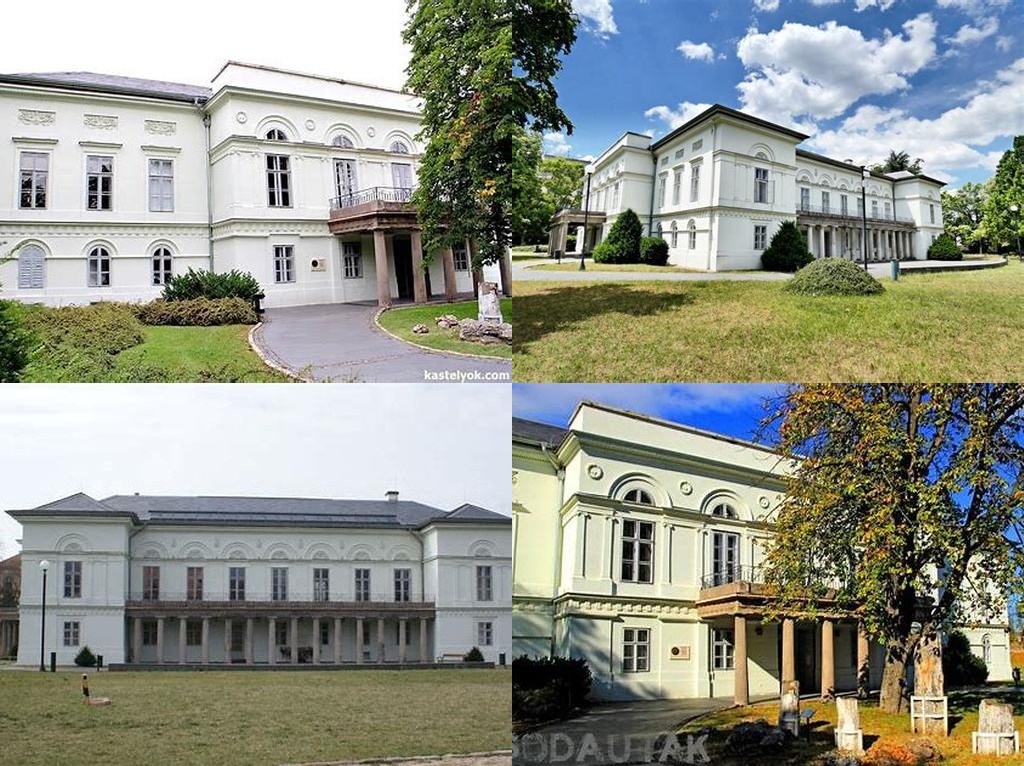
Orczy-kastély in the heart of Borsodivánka doesn’t appear on every international traveler’s bucket list, but perhaps that’s precisely what makes it so compelling. Tucked away in the gentle embrace of north-eastern Hungary, this storied manor floats somewhere between the slow churn of village life and the echoes of a vanished aristocratic world. If you’re the sort who seeks out the tang of authenticity—the kind that seeps into the walls and whispers beneath the floorboards—then Orczy Castle will likely charm you in quieter, more thoughtful ways.
The roots of Orczy-kastély stretch back to the later years of the 18th century, when the Orczy family, a noble clan that had gradually risen in the Hungarian social hierarchy, commissioned the construction of a stately home in Borsodivánka. Back then, the family wasn’t just planting roots—they were stamping their presence with a certain modest grandeur. The mansion that arose was designed in a restrained late baroque style, sturdy but elegant, more focused on comfortable living than ostentatious display. For a long time, the castle served as a cultured outpost for the regional gentry: its halls hosting conversations about literature, land management, politics, and, in tough times, plotting how to keep Hungarian spirit flickering beneath the weight of occupation or economic downturn.
Inside, the castle reveals much about the aspirations and realities of provincial nobility. While you won’t find golden ceilings or endless corridors, you will encounter carefully proportioned rooms with finely worked stucco and the sort of quirks that come from centuries of adaptation. Family crests, fading portraits, and the odd surviving piece of original furniture signal both the weight of history and the passage of time. Sunlight, on lazy afternoons, tends to filter into the drawing rooms with a kind of sleepy grace—making it quite easy to imagine members of the Orczy family pacing the floor with a letter from a distant cousin in Pest, or making plans for the next grape harvest.
The grounds deserve their own slow exploration. The castle park is generously shaded by old-growth trees, whose roots have outlasted fads, wars, and even changing political systems. Some say these trees were planted when the very first stones of the castle were laid, which—if true—makes them witness to over two centuries of Hungarian history. In spring, wildflowers carpet patches of grass, and birds chorus as if auditioning for a spot in the next era of local folklore. It’s an ideal spot for contemplation: you might wander past the overgrown pond and imagine a baroque summer fête with strings of lanterns, or maybe just enjoy a quietly satisfying stroll among the chestnuts.
Of course, like many such mansions in rural Hungary, Orczy-kastély’s story hasn’t always been a gentle one. The upheavals of the 20th century—especially after World War II—swept away noble privileges and saw the castle appropriated for various communal purposes. Locals tell stories about its stint as a school, a community center, and even, for a while, a granary. These chapters might have softened the castle’s edges, but they also knit it more deeply into the daily life of Borsodivánka, giving it a genuine sense of place that many grander estates never achieve.
What’s fascinating is how Orczy Castle bears its history with dignity rather than self-consciousness. It’s not a museum, frozen in time; nor is it a luxury hotel filled with velvet ropes and hands-off placards. Rather, visiting here is an invitation to step into a living space, to feel the sediment of memory beneath your shoes, and to imagine all the lives—humble or grand—that have passed through these same corridors. There’s a warmth to the rooms that derives not just from architecture, but from the everyday, unscripted stories that linger in their air.
If you’re traveling in Hungary and happen to be rolling through Borsod-Abaúj-Zemplén County, detouring to Borsodivánka and its quietly remarkable mansion could just be the unexpected highlight of your trip. Stand beneath the centuries-old trees, touch the cool stone of Orczy-kastély’s walls, and listen—to the wind, yes, but also to the history that clings, patient and unhurried, in this lovely, off-the-beaten-path corner of the country.





